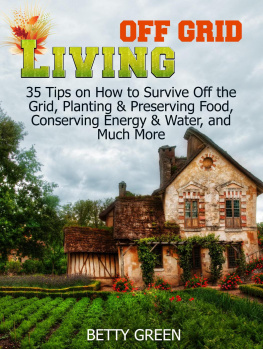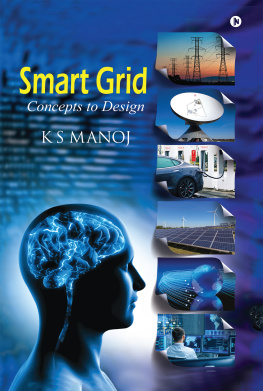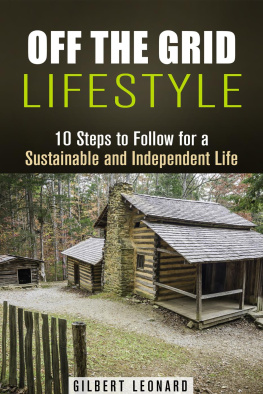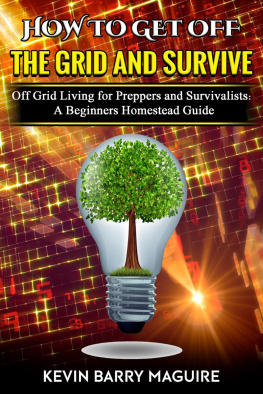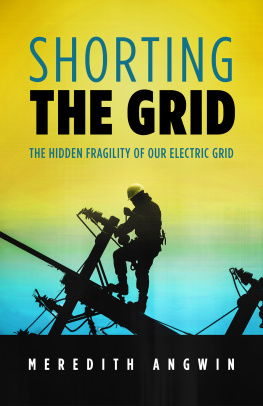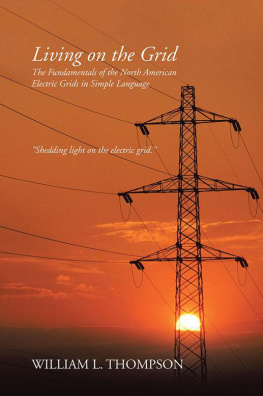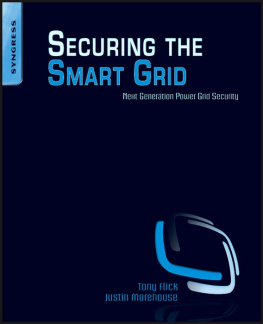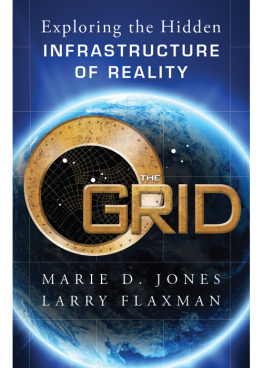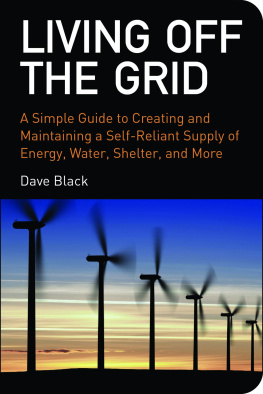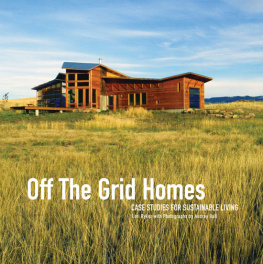LIVING OFF-GRID IN WALES
LIVING OFF-GRID IN WALES
Eco-villages in Policy and Practice
Elaine Forde
Elaine Forde, 2020
All rights reserved. No part of this book may be reproduced in any material form (including photocopying or storing it in any medium by electronic means and whether or not transiently or incidentally to some other use of this publication) without the written permission of the copyright owner except in accordance with the provisions of the Copyright, Designs and Patents Act 1988. Applications for the copyright owners written permission to reproduce any part of this publication should be addressed to the University of Wales Press, University Registry, King Edward VII Avenue, Cathays Park, Cardiff, CF10 3NS.
www.uwp.co.uk
British Library Cataloguing-in-Publication Data
A catalogue record for this book is available from the British Library.
ISBN 978-1-78683-658-8
eISBN 978-1-78683-660-1
The right of Elaine Forde to be identified as author of this work has been asserted in accordance with sections 77, 78 and 79 of the Copyright, Designs and Patents Act 1988.
The publisher has no responsibility for the persistence or accuracy of URLs for any external or third-party internet websites referred to in this book, and does not guarantee that any content on such websites is, or will remain, accurate or appropriate.
Cover design: Olwen Fowler
It is not down on any map; true places never are.
(Herman Melville, Moby-Dick, or, the Whale)
Off-grid is both terminology and metaphor. As terminology it refers to the self-provision of utilities and economic means; as metaphor it refers to self-provision, self-determination and self-reliance. This book will show that being or going off-grid is nothing particularly new. Social, technological and environmental changes mean that the possibility and the concept of going or being off-grid are being looked at afresh and in exciting new ways, and with a greater sense of urgency. At the core of this ethnography is a comparison between two modes of living off-grid in Wales, one that follows an emerging policy opportunity in Wales called One Planet Development, and another that is rather more fluid, harder to categorise but primarily concerned with self-reliance. While other ethnographic accounts of living off-grid are starting to emerge (e.g. Vannini and Taggart, 2015), space remains to conceptualise living off-grid as deliberate socio-cultural practice and a burgeoning, energosocial movement. To address this space, this book is primarily concerned with the metaphorical use of off-grid, and though the materialities of off-grid are explored in detail, this is done as part of a deeper excursion into the socio-cultural aspects of being off-grid. A proliferation of technologies to support domestic microgeneration, from renewable sources of energy in particular, has made it more conceivable to live off-grid in terms of utilities without renouncing technologies of convenience. Yet this book seeks a fuller understanding of what going off-grid and staying off-grid entail in social and cultural terms in, broadly speaking, a Euro-American context. It is worth stating clearly at the outset that these versions of off-grid are not somehow opposed, indeed, in the ethnography presented here it will be seen that they overlap and enable each other to a greater or lesser extent.
I wish to express my gratitude to the Economic and Social Research Council (ESRC) for a doctoral studentship that made this research possible. I am also grateful to colleagues in the Anthropology Department at Goldsmiths, University of London for providing such a rewarding intellectual home for this research. Similar thanks to my colleagues at Swansea University for providing the time and space, and the University of Wales Press for the opportunity, to complete this book-writing project.
Thanks are due to all those who offered advice on research, this book and academic life more generally. While the list of people to express my gratitude to continues to grow, tragically it also dwindles. Professors Mike Sullivan and Steve Nugent are both remembered for their willingness to advise, their wisdom and, at times, much-needed straight talking. Special thanks also go to Krzysztof Bierski, Frances Pine, Catherine Alexander, Simone Abram, Pat Caplan and David Graeber.
My heartfelt thanks go to my friends and family, especially during the latter stages of research and writing. My most sincere thanks are due to all of my research participants, without whose generosity, openness and willingness to contribute, this research would not have happened.
For my family, with thanks
0.1 Beginnings
The notion of the grid is becoming more and more ubiquitous. In everyday interactions and mainstream media portrayals, the idea of the grid is invoked with increasing normativity, although usually with recourse to its counterpart, off the grid. But when people speak of grid and off-grid what exactly do they mean? Central to this books argument is the notion of multiple and overlapping grids. The examples that will illustrate this thinking show different approaches to going off-grid, very few of which entail either the complete or simultaneous rejection of all kinds of grid-logic. In spite of this diversity and partiality of approach, the premise of this book is to illustrate and examine, and, it is hoped, go some way towards answering why, how, and why now, we should be seeing an increasing acceptance that there is both a grid and the opportunity to leave it. Since the ethnographic research that is presented later in this book comes from research in rural Wales (UK), it must be stated clearly that the following theorising is only representative of the societies that produced it and to some extent will read it. This book is a product of Welsh society as an ethnography of west Wales eco-villages. But as an ethnography, this is also a discursive product of academia. The political, social and economic conditions for going off-grid in contemporary Wales can hardly be said to be universal, yet it is intended that a more generalising theory of off-grid might emerge from this specific account. This book begins then, by staking its claim to defining what is meant when people speak of the grid.
Grids and the interplay of power, with power
This book puts forward a conceptualisation of multiple grids, which hinge on the notion of power. This conception contains the literal sense of the power grid, the physical infrastructure that connects people to electricity the embodiment of grids parexcellence. Of course other material infrastructures connect people to utilities such as water and gas, as well as connecting people to other people and places via roads and mass transit systems, and through communication grids. The siting, location and availability of such grids closely overlaps with that other grid (power again), something which is reflected and acknowledged by concepts such as Dominic Boyers energopower (Boyer, 2014). This other power grid, the socio-economic and institutional network of coercion and possibility that shapes and drives connection to all other grids, is both conceptual and very real. It exerts what are perhaps the most tangible effects of all other grids here outlined, it mediates and coordinates access to grids, and it produces and reproduces infrastructural inequalities.


